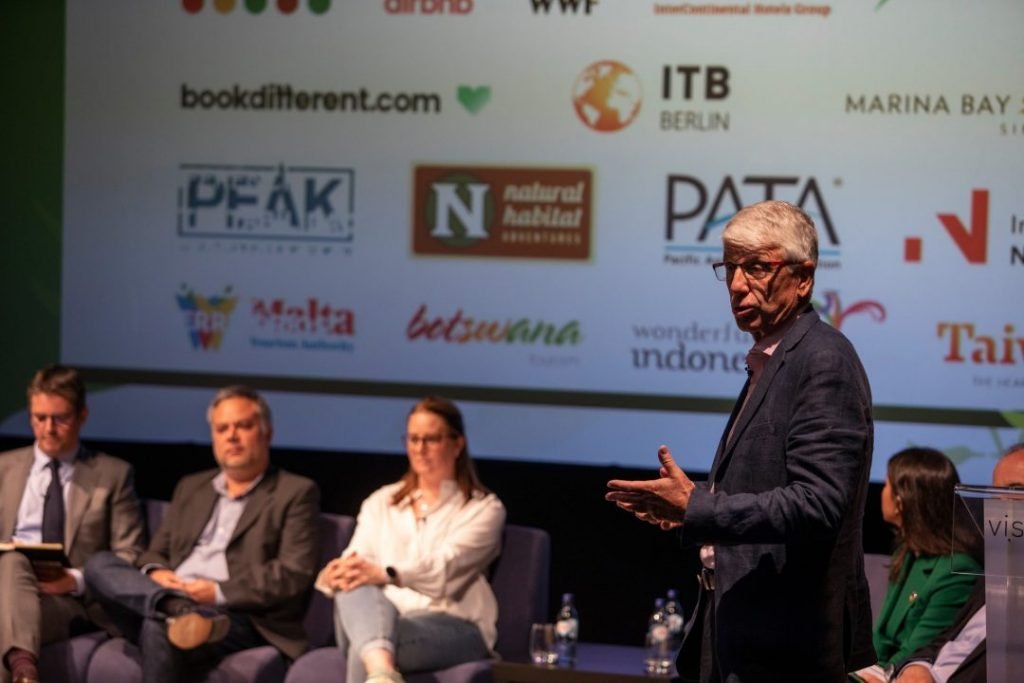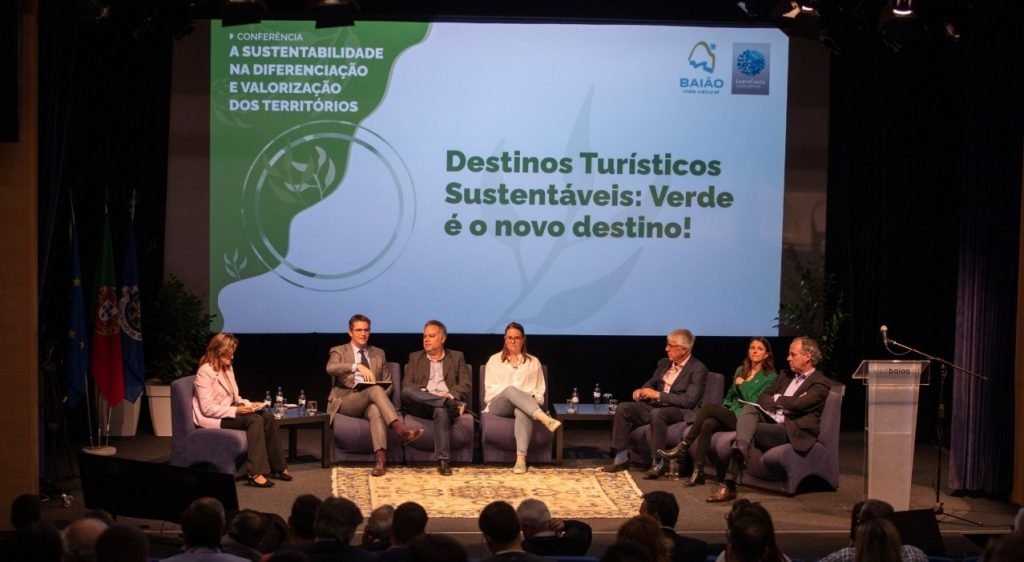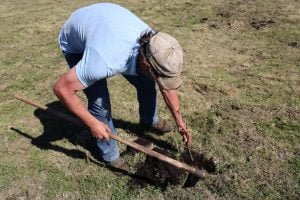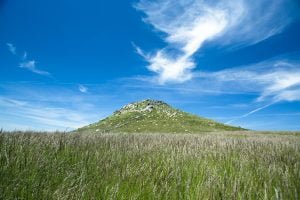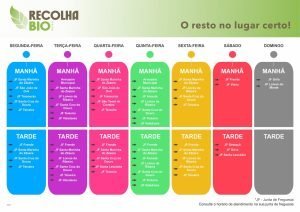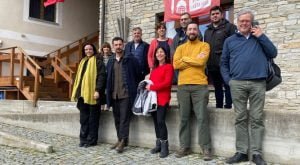On the 25th of May, the refurbished Municipal Auditorium of Baião hosted an International Conference entitled “Sustainability in the Differentiation and Enhancement of Territories”, with the aim of promoting the exchange of ideas and experiences related to the sustainability of territories and their preservation. .
Baião, the first Portuguese municipality classified as a “Sustainable Tourist Destination”, organized this meeting, which had three panels with speakers from the most diverse areas, such as tourism, culture, ecology and local and regional development, and which included the participation of presence of a very interested public.
VALUATION OF NATURAL AND ENVIRONMENTAL ASSETS AS A DYNAMO OF TOURIST ACTIVITY
The opening of the session was in charge of the councilor for Tourism, Anabela Cardoso. The closing of the work was done by the mayor of Baião, Paulo Pereira, who began by thanking everyone for their presence and said that “for many years, Baião has been assuming itself as a municipality that invests in the preservation and valorization of its assets. natural and environmental factors as a dynamo of tourist activity.”
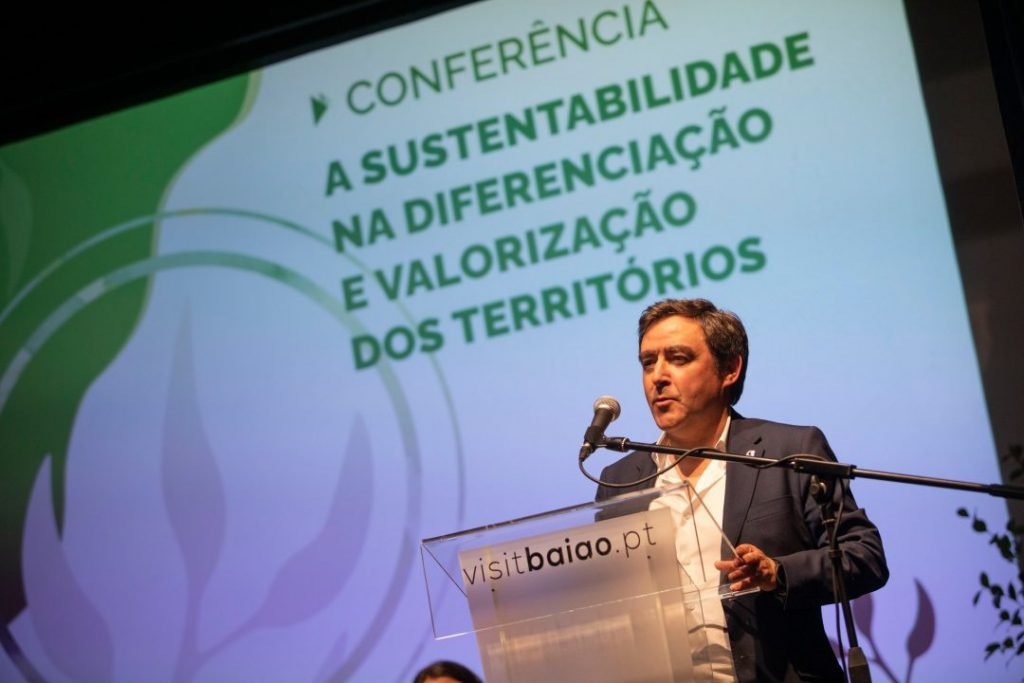
Baião has completed an ambitious project to certify a sustainable tourist destination, led by a world-leading entity – EarthCheck – and validated by the Global Council for Sustainable Tourism (GSTC)”.
It took three years of hard work and intense and fruitful learning. For us, the municipality of Baião, this is not the culmination of a process. Rather, it constitutes an important step towards increasing levels of demand.
In Baião – a so-called ‘low density’ territory, with a huge forest patch and challenging orography – for several years we have embraced with conviction the need to protect the territory and, in this way, the planet.”
DIVERSIFIED PANELS DEBATED ENVIRONMENTAL, CULTURAL, SOCIAL AND ECONOMIC SUSTAINABILITY
Paula Nunes da Silva, presenter of the programs “Planeta Verde” on Porto Canal and “Minuto Verde”, on RTP, led the work.
The first conversation, moderated by Lino Tavares Dias, had as its theme “Sustainability, Culture and Social Responsibility”, and had the interventions of António Ponte (Director of the Soares dos Reis National Museum), Ivone Abreu (Member of the Board of Directors of the Fundação Eça de Queiroz), Paulo Monteiro (Director of Glorybox – Integrated Management of Cultural Heritage) and Pedro Fontoura (responsible for sustainability at EDP Comercial).
It was unanimous among the stakeholders that “Culture and Social Responsibility cannot be dissociated from the concept of sustainability, since cultural heritage is intrinsically linked to the roots and memories of communities, whose heritage must be preserved for the social identity of future generations. ”
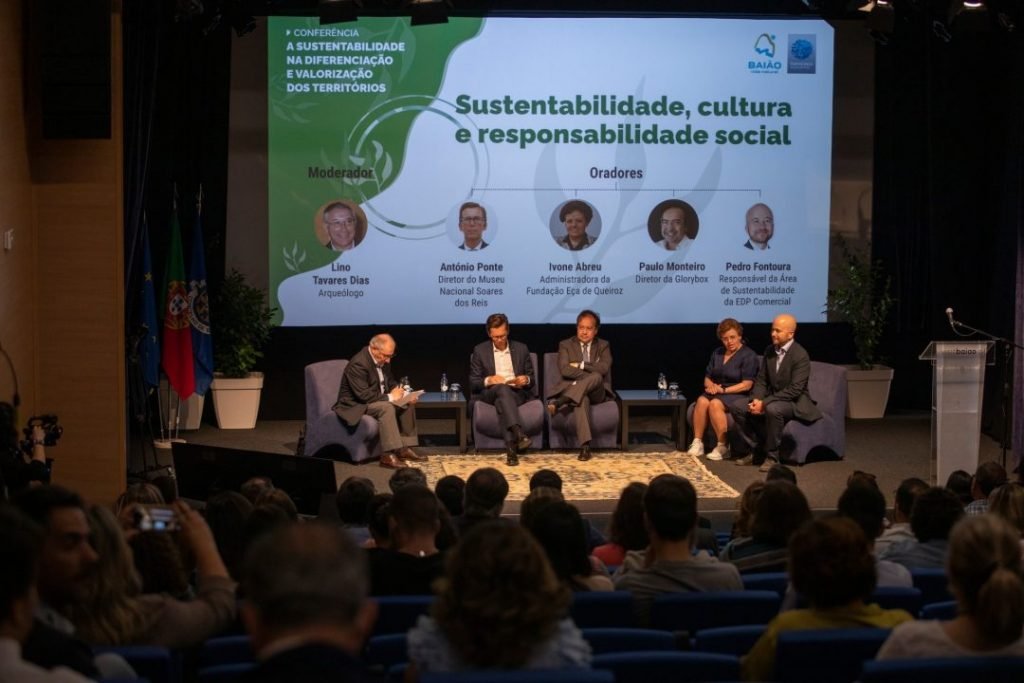
This was followed by the panel “Changing the paradigm: a holistic view of environmental sustainability”, moderated by Telmo Pinto (Executive Secretary of the Intermunicipal Community of Tâmega e Sousa), with interventions by Joaquim Ribeiro (Managing Partner of JASE Hotels & Resorts), João Honrado (Researcher at CIBIO – Research Center on Biodiversity and Genetic Resources), Pedro Teiga (River Rehabilitation Specialist) and Daniel Frey (Auditor and CEO of the sustainability consultancy Green Growth).
This panel, in turn, referred to the importance of treating the concept of sustainability as something to be worked on in a transversal way, through the conservation and balanced and sustained management of natural resources and ecosystems, with companies and communities being called upon to contribute for this design.

The conference ended with speeches by Rui Mendes (Coordinator of the Sustainable Tourism Destination Project of Baião), Manoel Batista (Mayor of Melgaço), Carolina Mendonça (Coordinator of the Sustainability Management Structure of the Azores Destination), Anna-Lena Wallin (Järvsö Sustainable Destination Project Manager – Sweden), Luigi Cabrini (Chairman of the Board of Directors of GSTC) and Pau Pitarch (Earthcheck Representative for Southern Europe and Central America).
This panel discussed the experiences lived by each of the certified territories, as well as allowed those responsible for EarthCheck, and the GSTC, to clarify those present about the particularities of this process and how the intervention of these entities is felt with regard to certification and scrutiny of so-called sustainable territories.
